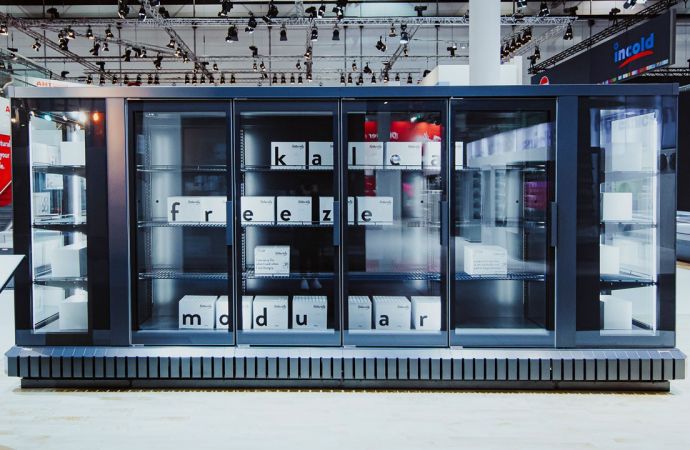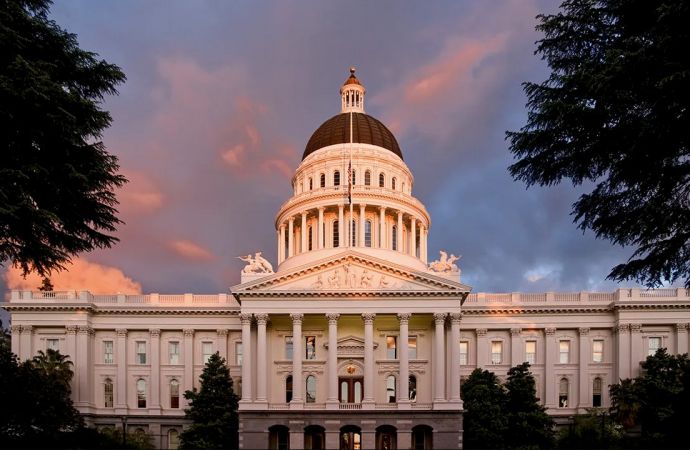The North American Sustainable Refrigeration Council event on July 18 is designed to help supermarkets prepare for California's refrigerant regulations.

The North American Sustainable Refrigeration Council (NASRC), a non-profit group that aims to advance natural refrigerant technology and adoption, is hosting an educational workshop with Pacific Gas & Electric in San Francisco on July 18 for the California’s supermarket industry.
The goal of the workshop, according to Danielle Wright, NASRC's executive director, is to help supermarkets prepare for California’s refrigerant regulations and to align the goals of all industry stakeholders including the state government, end users, and utilities.
“This workshop will provide a platform to align the goals of various stakeholders and develop actionable solutions to the challenges faced by each group,” said Wright.
“Bringing all stakeholders to the table is key to overcoming barriers to natural refrigerant adoption and making measureable industry progress.”
Optimizing natural refrigerants technologies to be energy efficient represents a win for all stakeholders." - Danielle Wright, Executive Director, NASRC
California Discussing GWP Cap for Air Conditioning
Among the quickly growing number of states passing HFC phase down legislation (Vermont passed new HFC legislation last week), California has been the most proactive.
Last year, the state passed the California Cooling Act, which bans high-GWP HFCs from being used in a variety of applications, and establishes an incentive program to support adoption of natural refrigeration equipment.
In addition, the California Air Resources Board (CARB), the state department responsible for regulating greenhouse gas emissions, is currently developing regulations that will cap the GWP of refrigerants used in new air conditioning and refrigeration systems.
The regulations under consideration are a 750-GWP cap for stationary air conditioners by Jan 1, 2023, a 150-GWP cap for refrigeration systems with more than 50 lbs of refrigerant by January 1, 2022, and a ban on sales of virgin refrigerants with a GWP above a threshold – currently 1,500 – by January 1, 2022.
CARB is currently seeking feedback on these regulations from all stakeholders.
Alignment of Stakeholder Goals
Wright sees the upcoming educational workshop as a key opportunity to work towards the alignment of goals for all stakeholders in this sector, in order to advance the adoption of natural refrigerant technology alternatives and phase down HFCs.
“Optimizing natural refrigerants technologies to be energy efficient represents a win for all stakeholders,” said Wright.
“Not only will this help offset upfront costs through opportunities for utility incentives, but it will also provide supermarkets with a return on their upfront investments through energy savings. This has the power to increase the adoption of low-GWP technoligies and contribute to both direct and indirect state emissions reduction goals. We see this workshop as a critical step towards accomplishing all of these goals.”
The workshop will be co-hosted by Pacific Gas and Electric Company, one of the largest natural gas and electricity suppliers in the United States.
Attendees expected to attend include supermarket retailers, service contractors, equipment manufacturers & suppliers, government agencies, utilities, and other stakeholders.
For more information about the event or to register, click here.
Related stories



